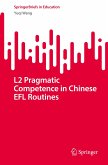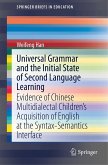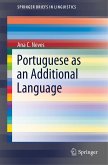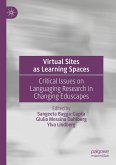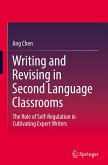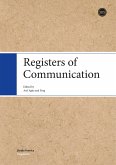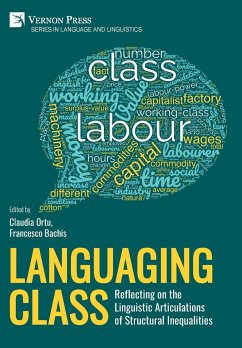This book explores heterogeneity in the Indian academic setting. Presenting a study on the performance of Bachelor of Engineering students from various parts of the county, it analyzes the subjects' language skills on the basis of selected sociolinguistic variables and examines the possible role/impact of using multiple languages in the communicative setting described. In turn, the book investigates the differences between the way language is viewed in the Orient and in the Western world, and how, despite their differences, these views lead to similar language teaching methods in both worlds. It also highlights the limitations of current theories and frameworks in terms of accommodating modern methods of assessing language skills.
Addressing socio-pragmatic issues in terms of English proficiency and language assessment, it is the first book to offer such a focused and detailed discussion of these varied butrelated issues, making it a valuable resource for all scholars and researchers working in the areas of socio-pragmatics, language assessment, and intercultural communication.
Addressing socio-pragmatic issues in terms of English proficiency and language assessment, it is the first book to offer such a focused and detailed discussion of these varied butrelated issues, making it a valuable resource for all scholars and researchers working in the areas of socio-pragmatics, language assessment, and intercultural communication.



